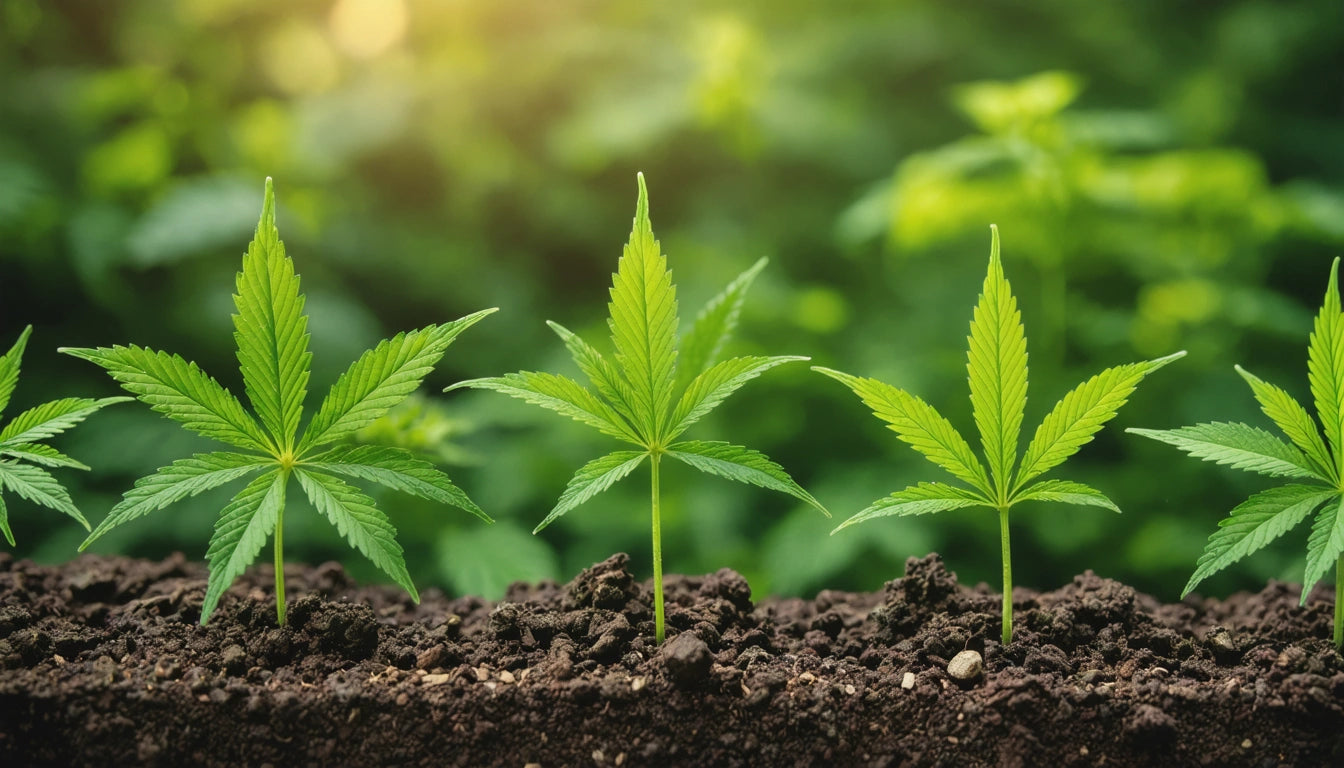- Understanding Different Types of Drug Tests
- Natural Detox Methods That Actually Work
- Hydration and Exercise: The Science Behind Their Effectiveness
- Common Myths About Beating Drug Tests
- Timeline Considerations for Different Substances
- Legal and Ethical Considerations
- Preparation Strategies for Better Test Outcomes
Effective Strategies for Passing a Drug Test: Myths and Realities
Drug testing has become a common practice in many workplaces, legal proceedings, and healthcare settings. Understanding how to prepare for these tests properly can help ensure accurate results while avoiding unnecessary anxiety. This guide explores evidence-based approaches to drug testing preparation, separating fact from fiction.
Understanding Different Types of Drug Tests
Before considering how to beat a drug test, it's essential to understand the different testing methods used and what they detect. Each test has unique characteristics and detection windows.
Urine Tests
Urine tests are the most common form of drug screening. They detect metabolites, the byproducts created when your body processes substances. For cannabis, these metabolites can remain detectable for varying periods depending on usage patterns.
As outlined in this comprehensive guide on urine testing, detection windows can range from a few days for occasional users to several weeks for regular consumers.
Blood Tests
Blood tests offer a shorter detection window but are more invasive. They measure the actual presence of THC in the bloodstream rather than metabolites. Blood tests are typically used in situations requiring precise timing information, such as driving under influence cases.
Saliva Tests
Oral fluid testing is becoming increasingly popular due to its non-invasive nature and ability to detect recent use. Learning effective strategies specifically for cannabis testing can be particularly helpful as saliva tests typically detect use within the past 24-48 hours.
Hair Tests
Hair follicle tests have the longest detection window, potentially showing substance use for up to 90 days. These tests are more expensive but are sometimes used for pre-employment screening or legal proceedings requiring a longer historical view.
Natural Detox Methods That Actually Work
When considering how to pass a drug test naturally, several evidence-based approaches can support your body's natural detoxification processes.
- Increase water intake to support kidney function
- Consume foods rich in antioxidants
- Incorporate regular exercise into your routine
- Prioritize adequate sleep
- Consider adding fiber-rich foods to your diet
For those seeking specific guidance on natural approaches, this resource on passing tests naturally provides detailed protocols that work with your body's systems rather than against them.
Hydration and Exercise: The Science Behind Their Effectiveness
Proper hydration supports kidney function, which is essential for eliminating toxins. However, excessive water consumption immediately before a test can lead to diluted samples, which may trigger additional scrutiny.
Exercise contributes to detoxification by burning fat cells where THC metabolites are stored. However, exercise should be avoided 24 hours before testing, as it can temporarily increase detectable metabolite levels in the bloodstream.
Common Myths About Beating Drug Tests
The internet is filled with questionable advice about how to beat drug tests. Let's address some common myths:
Myth: Synthetic Urine Always Works
While synthetic urine products exist, modern testing can often detect these substitutes through temperature checks, pH testing, and screening for biological markers. Many testing facilities have protocols specifically designed to identify synthetic samples.
Myth: Cranberry Juice Is a Quick Fix
While cranberry juice has diuretic properties that increase urination, there's limited evidence it significantly speeds up THC elimination. It may support overall hydration but isn't a reliable method for how to get out of a drug test.
Myth: Vinegar Cleanses Your System
Consuming vinegar may alter urine pH slightly but doesn't significantly impact drug metabolite elimination. This approach can also cause digestive discomfort without providing meaningful benefits.
For those looking for strategies that work on short notice, focusing on evidence-based approaches rather than myths is essential.
Timeline Considerations for Different Substances
Understanding detection windows is crucial when preparing for a test:
- Cannabis: 3-30+ days in urine (depending on usage frequency)
- Cocaine: 2-4 days in urine
- Amphetamines: 2-4 days in urine
- Opiates: 2-5 days in urine
- Benzodiazepines: 3-6 weeks in urine (for long-acting varieties)
Cannabis presents particular challenges due to its fat-soluble nature. Our collection of storage solutions helps consumers maintain product freshness, but understanding how cannabis compounds are processed by the body is equally important for test preparation.
Legal and Ethical Considerations
It's important to note that some methods of attempting to beat a drug test may have legal or employment consequences. Adulterating samples or using synthetic urine can result in:
- Immediate test failure
- Potential termination of employment
- Legal consequences in court-ordered testing situations
- Loss of professional licensure in some fields
Understanding the comprehensive procedures of drug testing can help you navigate these situations ethically while protecting your interests.
Preparation Strategies for Better Test Outcomes
If you're facing a drug test and concerned about passing, consider these evidence-based approaches:
First, calculate the time between your last use and the test date. This timeline will determine which strategies are most appropriate. For cannabis users, metabolites can remain in your system significantly longer than other substances.
Second, focus on supporting your body's natural detoxification processes through hydration, nutrition, and exercise in the days or weeks leading up to the test. These methods work gradually but effectively.
Third, be aware of cross-reactivity issues where legal substances can trigger false positives. Common culprits include certain prescription medications, CBD products with THC content, and even some foods like poppy seeds.
Finally, if you're using cannabis medicinally in a legal state, consider discussing this with the testing authority beforehand. Some employers and agencies have updated policies regarding medical cannabis use with proper documentation.
For additional guidance on cannabis-specific testing strategies, consult resources that address the unique properties of cannabinoids and their metabolites.











Leave a comment
All comments are moderated before being published.
This site is protected by hCaptcha and the hCaptcha Privacy Policy and Terms of Service apply.